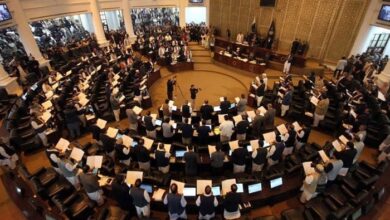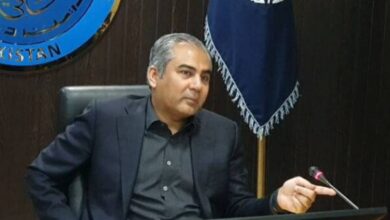The International Monetary Fund (IMF) has raised serious reservations over the government’s decision to grant tax exemptions on the import of sugar, warning that such policy deviations could undermine the ongoing $7 billion loan programme.
According to sources familiar with the matter, IMF officials conveyed that exempting duties and taxes on sugar imports is inconsistent with the commitments made under the Extended Fund Facility (EFF) and may impact the disbursement of future tranches.
The government had earlier justified the move by citing a national “food emergency,” under which it allowed duty-free import of 500,000 metric tons of sugar. However, the Fund has reportedly rejected this rationale, with its local representative declining to comment on the issue publicly.
In light of the IMF’s objections, sources say the government is now actively reviewing its decision and is considering withdrawing the tax exemptions, particularly those granted to private sector importers.
“The Fund has communicated that policy reversals and revenue-compromising measures, such as tax waivers on key imports, could raise questions about Pakistan’s adherence to fiscal discipline,” a senior official said.
The move comes amid a sharp surge in local sugar prices, which have crossed Rs200 per kilogram — the highest in Pakistan’s history. In response, the federal cabinet had approved the emergency import of sugar, bypassing consultation with the Ministry of Finance.
The Trading Corporation of Pakistan (TCP) has already floated a tender for the import of 300,000 metric tons of sugar, with July 18 set as the deadline for submitting bids.
However, experts warn that policy decisions made without aligning with the IMF’s reform framework could pose risks to macroeconomic stability and slow the pace of financial support from international lenders.
The development adds another layer of complexity to Pakistan’s fragile economic recovery, as it attempts to balance inflation control measures with the structural reforms required under the IMF programme.







